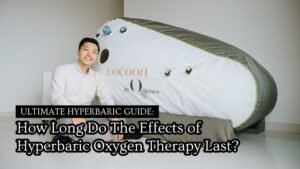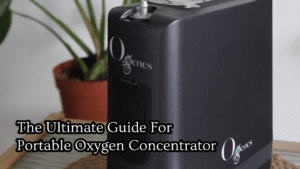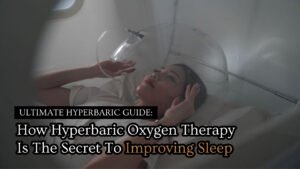This article discusses a study on the use of Hyperbaric oxygen therapy (HBOT) to improve brain function and the quality of life in patients with mild traumatic brain injury (mTBI) suffering from chronic neurocognitive impairments. The study included 56 mTBI patients who underwent 40 HBOT sessions. Results showed significant improvements in cognitive function and quality of life, along with increased brain activity, indicating that HBOT can promote neuroplasticity and enhance brain function in patients with prolonged post-concussion syndrome. These findings suggest the potential for HBOT to be an effective treatment for mTBI patients at a late chronic stage.
Background: Traumatic brain injury (TBI) is the leading cause of death and disability in the US. Approximately 70-90% of the TBI cases are classified as mild, and up to 25% of them will not recover and suffer chronic neurocognitive impairments. The main pathology in these cases involves diffuse brain injuries, which are hard to detect by anatomical imaging yet noticeable in metabolic imaging. The current study tested the effectiveness of Hyperbaric Oxygen Therapy (HBOT) in improving brain function and quality of life in mTBI patients suffering chronic neurocognitive impairments.
Methods and findings: The trial population included 56 mTBI patients 1-5 years after injury with prolonged post-concussion syndrome (PCS). The HBOT effect was evaluated by means of prospective, randomized, crossover controlled trial: the patients were randomly assigned to treated or crossover groups. Patients in the treated group were evaluated at baseline and following 40 HBOT sessions; patients in the crossover group were evaluated three times: at baseline, following a 2-month control period of no treatment, and following subsequent 2-months of 40 HBOT sessions.
The HBOT protocol included 40 treatment sessions (5 days/week), 60 minutes each, with 100% oxygen at 1.5 ATA. “Mindstreams” was used for cognitive evaluations, quality of life (QOL) was evaluated by the EQ-5D, and changes in brain activity were assessed by SPECT imaging. Significant improvements were demonstrated in cognitive function and QOL in both groups following HBOT but no significant improvement was observed following the control period. SPECT imaging revealed elevated brain activity in good agreement with the cognitive improvements.
FAQs for Hyperbaric oxygen therapy
Q1: What is Hyperbaric Oxygen Therapy (HBOT) and how does it relate to post-concussion syndrome after mild traumatic brain injury (mTBI)?
A1: HBOT is a medical treatment that involves the use of high concentration oxygen in a pressurised environment. In this study, mild HBOT (1.5ATA) was used to assess its potential in improving post-concussion syndrome (PCS) in individuals who had experienced mild traumatic brain injuries (mTBI) earlier.
Q2: What is post-concussion syndrome, and why is it a concern for individuals with a history of mild traumatic brain injury (mTBI)?
A2: Post-concussion syndrome refers to a collection of symptoms that can persist for an extended period after a mild traumatic brain injury. These symptoms can include headaches, cognitive difficulties, mood changes and more. It can significantly impact a person’s quality of life and daily functioning.
Q3: What did the randomized prospective trial mentioned in the article involve?
A3: The trial included 56 mTBI patients who were experiencing chronic neurocognitive impairments associated with post-concussion syndrome. The study evaluated the effectiveness of HBOT in improving their brain function and quality of life.
Conclusions:
HBOT can induce neuroplasticity leading to repair of chronically impaired brain functions and improved quality of life in TBI patients with prolonged PCS at late chronic stage.






